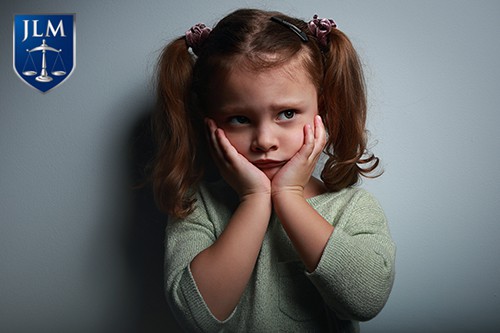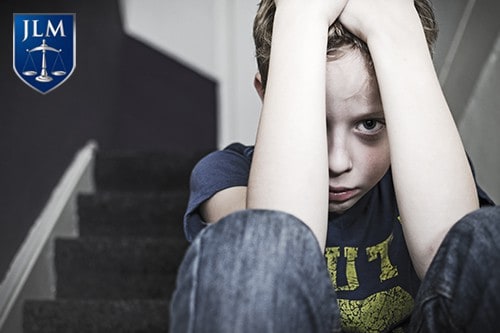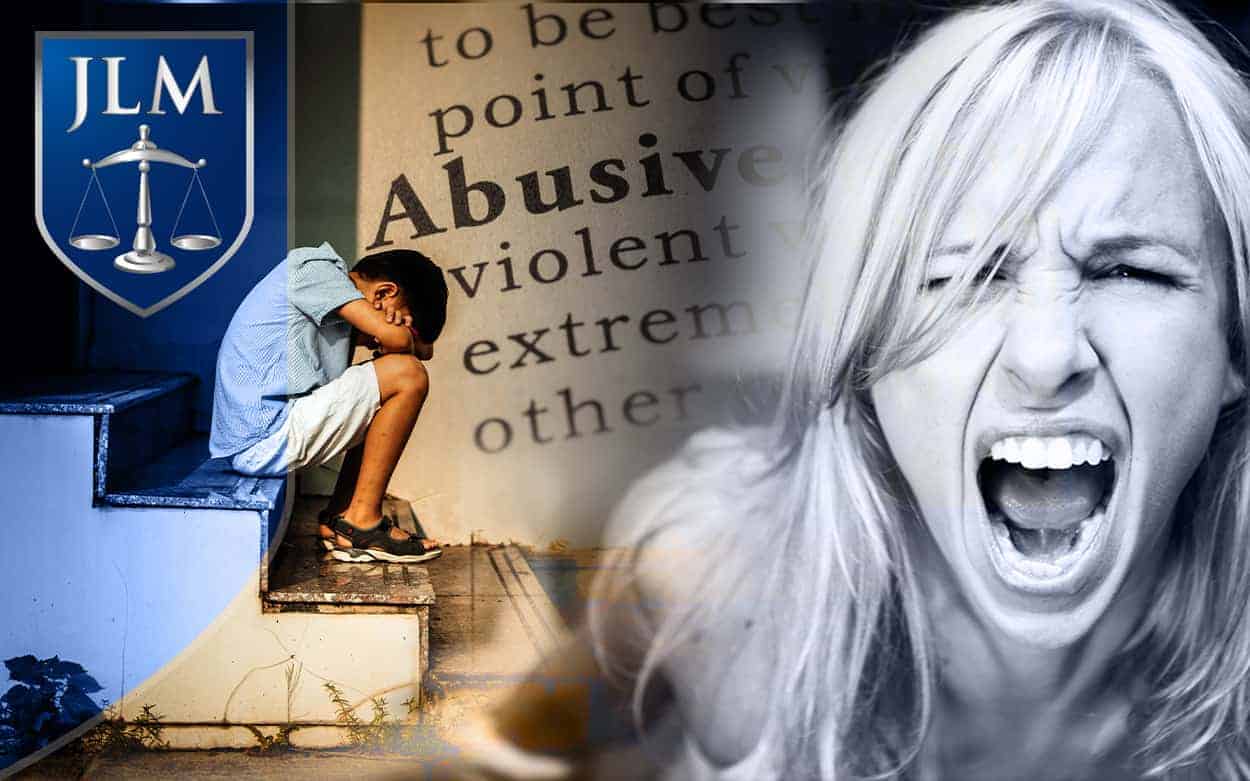One of the most serious crimes that individuals could be charged with is child abuse. While there are various types of crimes associated with child abuse, misdemeanor child abuse is different from a felony. A felony depends on if the child was exposed to significant harm or put in a dangerous situation, misdemeanor child abuse is defined as the person committing this offense when they are a parent or carer or supervisor to a child under 16.
Call: (951) 276-8900
Criminal Defense Help 24/7 in Riverside County
Child Abuse Laws in the State of California
Under the California Penal Code Section 273d(a), child physical abuse is defined as a “wobbler,” which means that, depending on the circumstances and the criminal history of the defendant, there is the potential for the charge to be classed as either a felony or a misdemeanor.
The California Penal Code Section 273d, states “Any person who willfully inflicts upon a child any cruel or inhuman corporal punishment or an injury resulting in a traumatic condition is guilty of a felony.” It is classed as a misdemeanor if the punishment is deemed to have not been “cruel or inhuman” or did not cause trauma to the child’s condition.
How To Get A Child Endangerment Charge Dropped

In California law, this is separated into two categories under California law: “severe neglect” and “general neglect.”
A defendant is charged with “severe neglect” when it is determined that they failed to protect the child or children they are responsible for, either from a case of serious malnutrition or is deemed as a “medically diagnosed failure to thrive.”
Severe neglect is also considered if the child is placed in a situation where their health is endangered, and it is determined as “willfully caused or permitted.”
Conversely, general neglect is defined as the negligent failure of a person responsible for the care or custody of a child where they fail to provide the child with adequate provisions such as clothing, food, medical care, shelter, and/or supervision. The difference between severe neglect and general neglect is that for it to be deemed general neglect, there must not have been physical harm done to the child.
The importance of a criminal attorney that understands both areas is vital to an individual’s case, and a Riverside child abuse lawyer can help you understand the minutiae of the case.
The Punishment for Misdemeanor Child Abuse
Punishment for misdemeanor child abuse is all dependent on its charge. It can be charged as a felony or as a misdemeanor. This is determined by the nature of the crime, as well as the injuries inflicted on the child. Felony charges will include abuse that causes a “traumatic condition.” The penalties under Penal Code Section 273d can result in imprisonment for two, four, or six years. However, if this is the second conviction of the same crime, penalties can be subject to a four-year enhancement.
Under California Penal Code Section 273ab, if the abuse results in either the child entering a comatose state, suffering permanent paralysis, or the death of the child, the defendant can be sentenced from 25 years to life in state prison.
When child abuse is classed as a misdemeanor, the punishment can be:
- Up to one year in county jail.
- A maximum $6,000 fine.
- Both imprisonment and the fine.
Understanding the types of punishment in relation to whether the crime was a felony or a misdemeanor has a significant bearing on the outcome.
The Defense of Misdemeanor Child Abuse

- The act was not willful. In other words, it was unintentional or an accident.
- The parent had a right to discipline their child and exercised it. In other words, they applied “reasonable” corporal punishment without causing any injury to the child. For example, spanking.
- The accusation was false, and someone else or the child fabricated a story.
- The child was injured or somehow endangered but the defendant was not culpable, for example, if the defendant left the child with a third party the defendant trusted and had no reason to believe they would endanger or harm the child.
Contact a Child Abuse Attorney Today
The topic of child abuse is an extremely sensitive one. Naturally, there will be lasting repercussions for everybody involved in the case, from the victim to the perpetrator. In addition, there will be substantial damage to an individual’s livelihood, impact personal relationships, and can put a strain upon a family. If you or someone you care about is facing charges of child abuse, it is crucial to contact a criminal defense attorney that is able to handle the case with clarity and sensitivity.
Criminal defense attorney Mr. John L. Michels has spent over two decades successfully defending clients accused of all criminal matters, ranging from misdemeanors to felonies, and if you are looking for the best criminal defense attorney in Riverside County, Mr. Michels’ previous work as a former prosecutor and former Judge Pro Tem of the Riverside Superior Court makes him the ideal choice to handle your case. A lawyer of his stature knows the law, jargon and serves the courthouses of Riverside, Temecula, Murrieta, and Banning to guarantee that wherever you are based, you can get a Riverside criminal defense attorney that will help you in your hour of need.
Finding a Riverside child endangerment lawyer that has the skills and sensitivity to deal with your case is a rare find. Contact us on (951) 276-8900, or you can reach us online 24 hours a day, 7 days a week.


